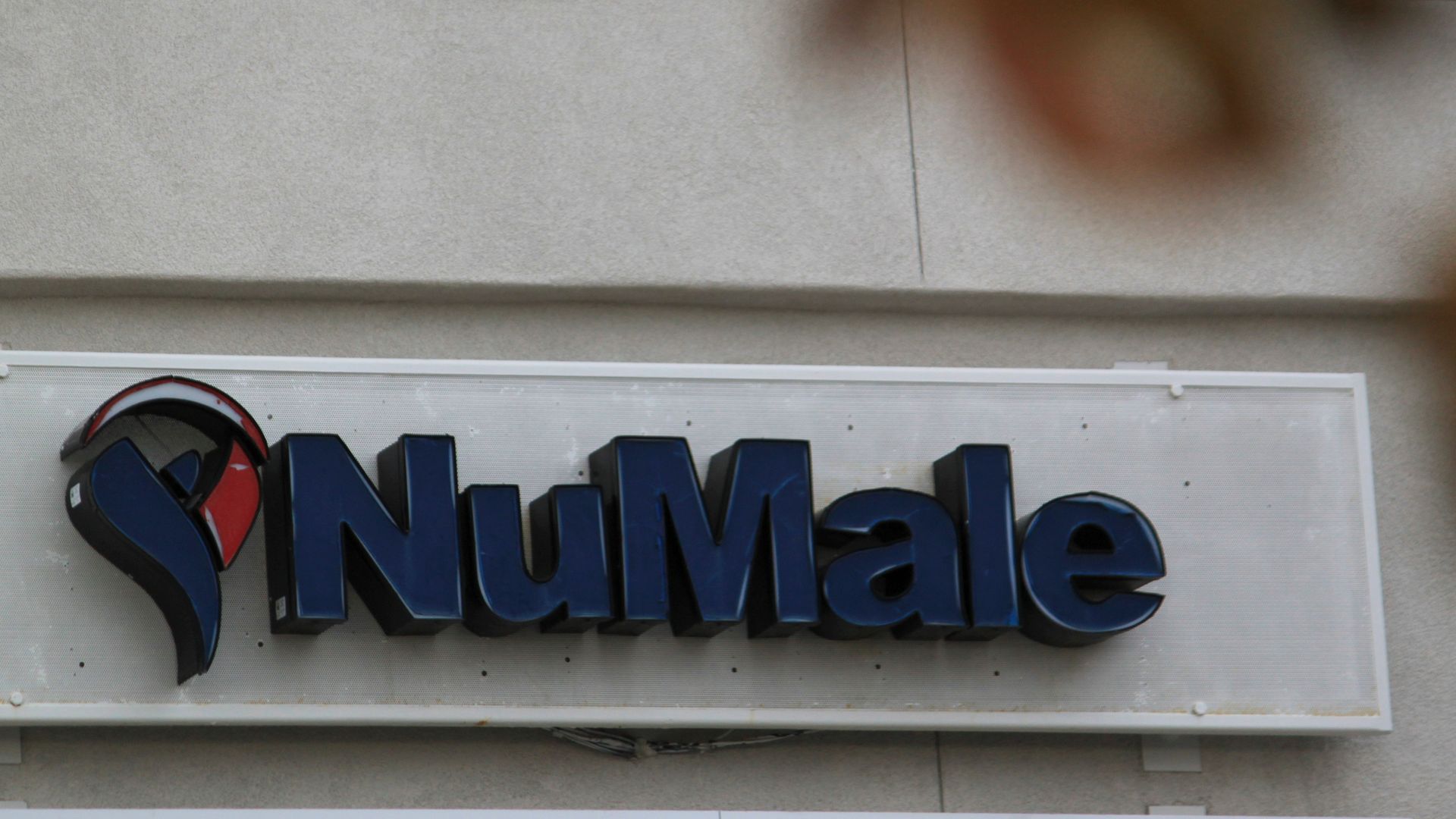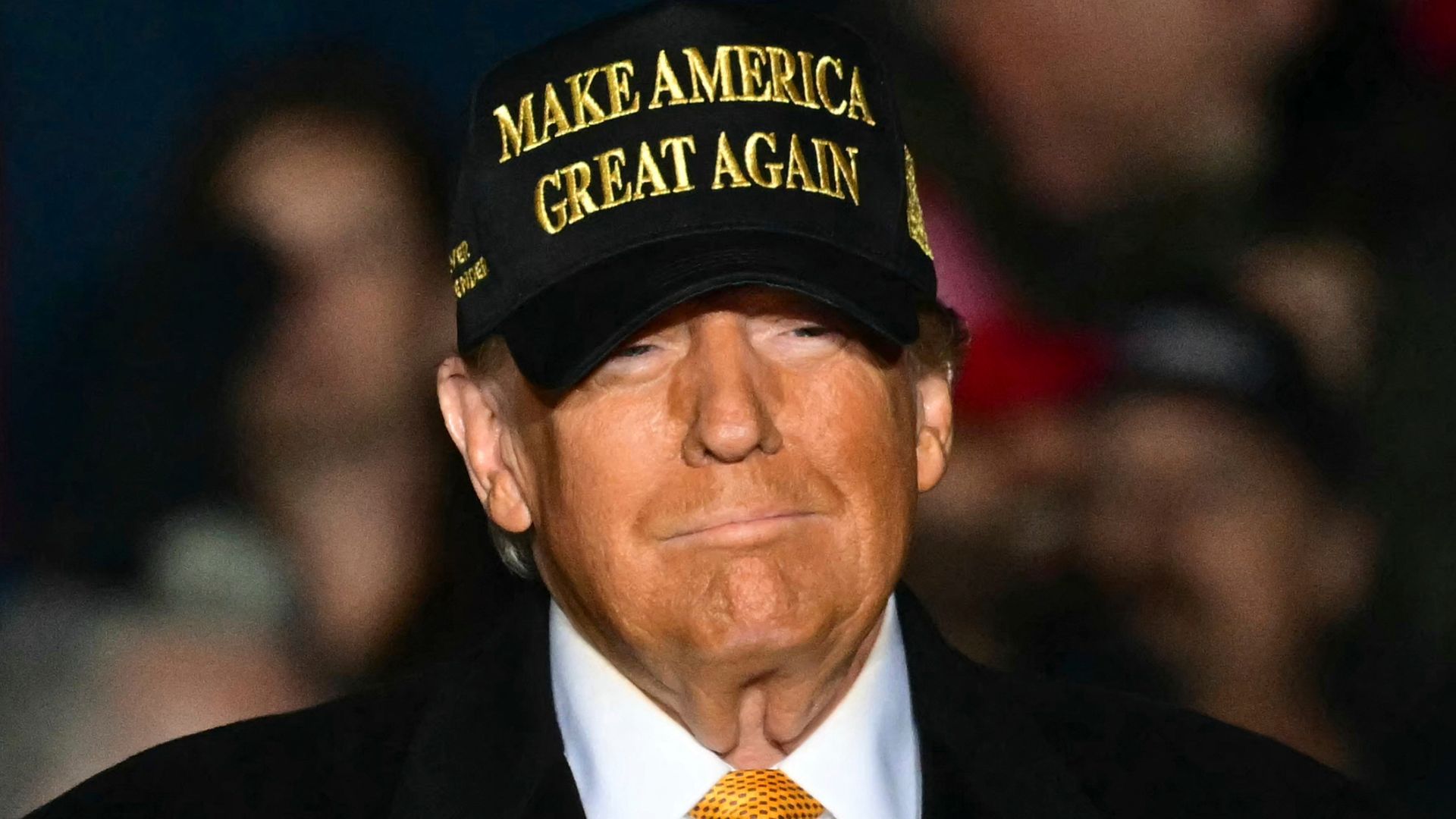
The BDN Opinion section operates independently and does not set newsroom policies or contribute to reporting or editing articles elsewhere in the newspaper or on bangordailynews.com.
Ellen Dohmen of Bar Harbor is chair of the town’s Appeals Board and head of a racial justice book group for Acadia Senior College.
If “when in the course of human events, it becomes necessary for one people” to rise up, speak out and take a stand against either a set of conditions or something that is just no longer tolerable, it must also be OK for a person to reach the end of their rope as well. And that’s where I am — unable to remain silent any longer about the campaign against “woke.” Or is it wokeism? Or perhaps wokeness?
“Woke” is an African-American vernacular term — where incidentally so much vernacular American English originates — coming from “awake.” The term goes back to the 1920’s when social activists were warning Blacks of a heightened need to be alert to the dangers that were so embedded in their everyday life. In 1938, folk singer Lead Belly even had a line in one of his songs in which he advised young men in particular, “best to stay woke, keep their eyes open.”
The word used properly means being alert to racial prejudice and discrimination and has no historical connection with a political party nor with a proscribed policy, unless by policy we mean one that advocates and works toward social, political, and legal equality for all Americans. It implies a close watchfulness, both as a means of self-protection and as a guard against acts which diminish dignified humanness.
It continues to mystify me how words that imply consideration for other people, realization of our universal personhood, and respect for truth have come to be used as dirty words, phrases used to condemn individuals or ideas. Take “political correctness” for example. This is now used as a pejorative, something slung at people and language which someone or some group doesn’t like.
If using the phrase “enslaved person” rather than “slave,“ realizing that human beings are not commodities, or not using a derogatory word for an Indigenous woman, or in zoning ordinances no longer speaking of “grandfathering” — a term which came from Jim Crow-era machinations to prohibit Blacks from voting — but replacing it with “legal nonconformity” are all examples of political correctness, then by all means accuse me of political correctness!
If under the aegis of the First Amendment we accept racial slurs and equate disinformation with truth, it is then no wonder we end up banning books, suggesting that slavery enhanced the abilities of those enslaved, canceling Advanced Placement classes in the history of the African-American experience in our country, and working to limit what can be taught and read in our schools or carried in our libraries. If you believe, as I do, that the free and unfettered public access to information is an underpinning to a democratic society, then “wokeness” – an awareness of social injustices – will neither frighten you nor challenge your place in our society.
Nikole Hannah-Jones reflects that “Citizens don’t inherit just the glory of their nation, but its wrongs too. A truly great country does not ignore or excuse its sins. It confronts them and then works to make them right.”
If “We hold these truths to be self-evident, that all men are created equal,” then as James Baldwin suggests, we need our history “to be present in all” that we do. And if to be “present” means to be “woke,” then bring it on!








